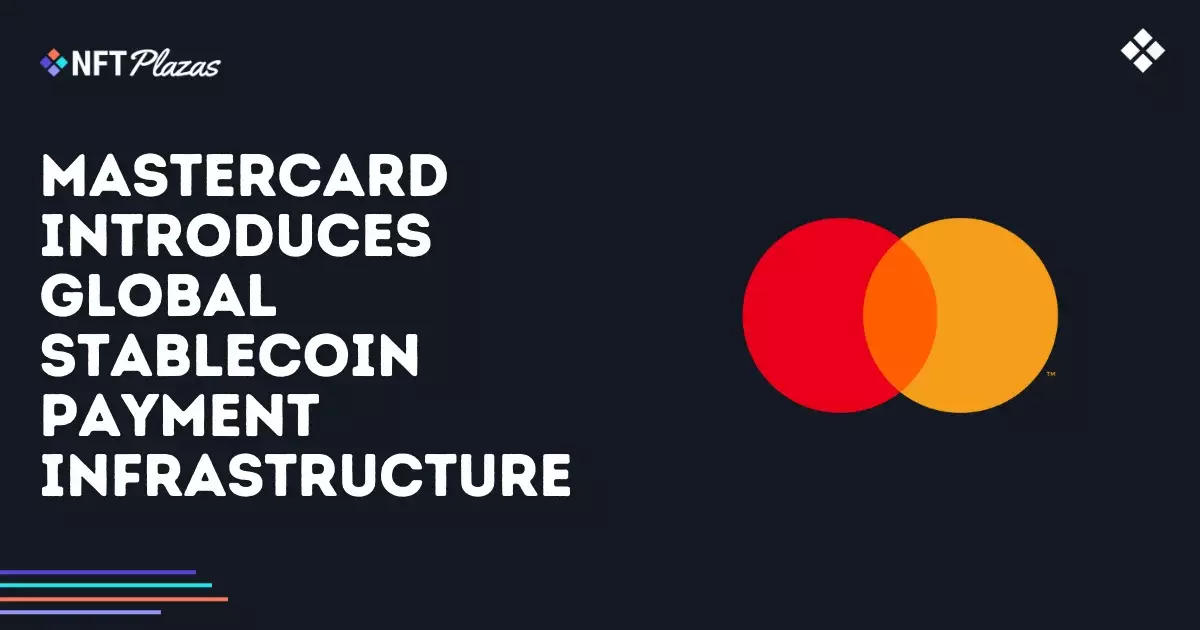Ubisoft, a titan in the gaming industry, recently unveiled its Decentralized Verification Network (DVN) in collaboration with LayerZero, marking a pivotal moment in the battle for digital asset ownership. This initiative addresses long-standing technical hurdles within the blockchain gaming realm, namely the portability of digital assets and their consistent ownership across diverse platforms. As the gaming landscape evolves, the introduction of the DVN signals a sharp turn toward a more user-centric approach to digital assets. While many remain skeptical about the practical implications of blockchain technologies, Ubisoft’s bold venture may very well reshape the future of gaming.
The Promise of Cross-Chain Interoperability
The unique proposition of the DVN is its ability to facilitate the movement of digital items—ranging from in-game collectibles to unique character skins—across a staggering 130 different blockchain networks. By eliminating the barriers of asset transfer, Ubisoft is taking a step that could ensure that players are not shackled to one network or the characteristics that come with it. Imagine a world where your hard-earned online merchandise could seamlessly shift between Ethereum, Solana, and Polygon without loss—this is not merely a fantasy anymore. However, while the technical prowess behind DVN is commendable, one must question whether gamers are truly ready to fully embrace such changes.
New Paradigms in Security and Control
Ubisoft’s DVN is characterized by its permissionless nature, meaning that anyone can create their own verification network, choosing from various security configurations. This flexibility represents a marked shift from traditional, rigid security models that deter many developers from venturing into blockchain gaming. However, this openness can be a double-edged sword: while it allows for innovation and tailoring security to specific applications, it also raises concerns about the consistency and reliability of the verifications employed. The decentralized nature of the DVN may lead to a fragmented security landscape where players find themselves navigating through varying standards.
A Strategic Long-Term Vision
Ubisoft’s foray into blockchain began with the introduction of NFTs in “Ghost Recon: Breakpoint,” and it has gradually expanded to other initiatives, such as “Champions Tactics: Grimoria Chronicles” and the upcoming “Might & Magic: Fates.” While the DVN had not been explicitly tied to future projects at the time of its announcement, one cannot ignore that it appears emblematic of a longer-term vision where blockchain technology is woven into the fabric of gaming itself. It’s a vision that hints at an evolving industry where not just gameplay, but the entire economic model of gaming shifts dramatically.
The Uncertain Path Ahead
Despite the potential benefits, skepticism lingers. While some gamers wholeheartedly support the concept of true ownership of digital assets, there exists a significant faction that questions the relevance of NFTs and blockchain in gaming. Concerns about the volatility of the cryptocurrency market, environmental implications, and the possibility of scams continue to cast a shadow on its adoption. The road ahead for Ubisoft—and the gaming industry at large—is fraught with uncertainty. Nonetheless, if executed thoughtfully, the DVN could herald a new age of innovation and player empowerment in gaming.

